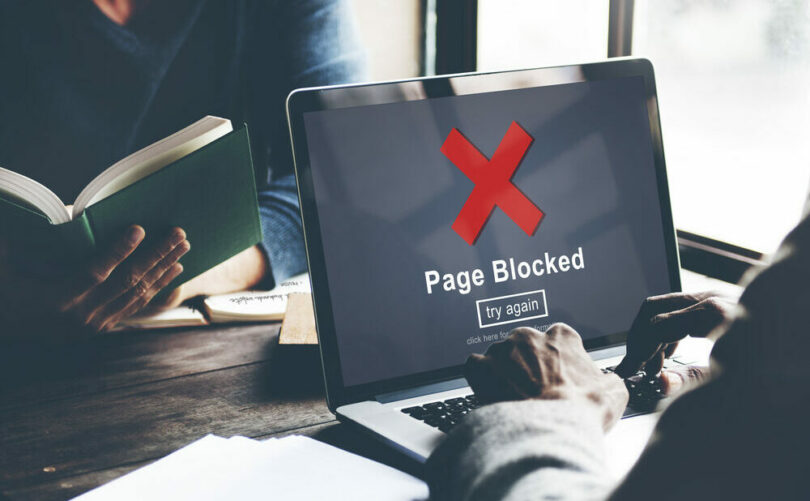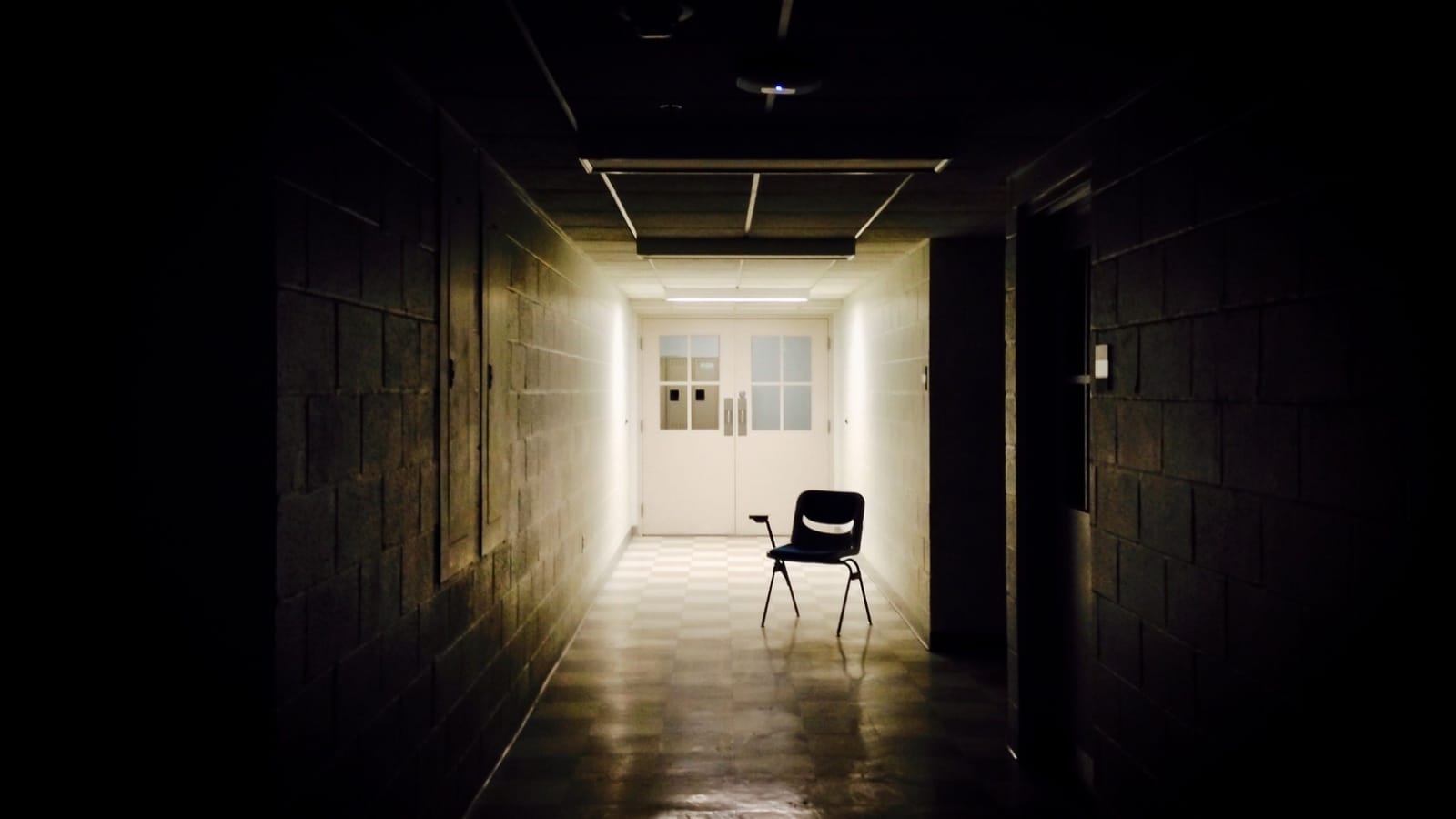Is the UK’s anti-porn law really protecting children online? – LifeSite

Mon Sep 1, 2025 – 10:41 am EDT
(LifeSiteNews) — On July 25, we reported on the U.K.’s “Online Safety Act.” The legislation is intended – among other things – to crack down on pornography use among minors. Any website operating inside the U.K. is now required to “robustly” verify age to prevent children from accessing pornographic material. Porn sites that fail to implement age verification could face fines of up to £18 million ($24 million USD), or “10% of worldwide revenue,” according to the BBC.
The U.K. media regulator Ofcom claimed that the Online Safety Act would dramatically reduce the number of minor-aged porn users, but as we noted at the time, journalists swiftly identified a number of relatively easy “workarounds” to access pornography. To prevent porn addiction among minors, more robust steps will be needed.
READ: The hard truth about pornography addiction – and what you can do about it
Prior to the Online Safety Act’s implementation, Sky News “spoke to a group of teenagers at a youth club in Warrington” to ask about their online experiences. “They told us about frequently stumbling across violence, pornography and harmful mental health content in their social media feeds. One 17-year-old described seeing more harmful and inappropriate content online ‘than I can count.’”
A month later, Sky News interviewed some of the same teenagers. “The difference in what they reported was remarkable,” the media outlet reported. “Ryan, 17, told us previously that the internet was a ‘very, very malicious’ place and described frequently seeing inappropriate content. Just one month on, he says his algorithm now seems ‘tamed’ – although he’d still describe the internet as malicious.”
“[My] algorithms have been quite tame in comparison to what they were,” the teen told Sky News. “I haven’t seen any sort of advertisements and stuff that can be alluding towards anything inappropriate.” A 16-year-old reported the same experience on Instagram; 17-year-old Indie said she that she “can actually scroll on the internet worry-free of what’s going to pop up” and that “I feel really good about [the new rules] because now I don’t have to worry about seeing things I don’t want to see.”
“When I’m scrolling TikTok, I’m free from violence,” said a 15-year-old. “It feels better, to be honest. I feel more clean, in a sort of way, because like, I’ve not seen it.” Sky News re-interviewed six teens, and only one indicated that he hadn’t noticed a change. An experiment run by Sky News journalists did, however, find that suicide-related content was still remarkably easy to find – but that porn-related changes were visible:
One of the most obvious ways general internet use has changed since the rules came in is through pornography. According to a recent report by the Children’s Commissioner, the world’s four largest pornography sites received nearly 11 billion visitors each month in 2020; more than the number of visitors to Amazon, LinkedIn, Netflix, Zoom and eBay combined.
But within a day of the new regulations, the number of U.K. visitors to pornography sites plummeted – and has stayed low. Data given to Sky News by Similarweb showed that between 19 July and 15 August, there was a 45% drop in the number of U.K. users to Pornhub, the country’s most popular pornography site. Across the top 100 sites, there was a 33% drop.
READ: UK’s new anti-pornography measures are a good start, but they don’t go far enough
According to Sky News, even forums dealing with porn “took a hit,” including “Subreddits linked to bondage, discipline, sadism, and masochism (BDSM), for example, are experiencing 12% fewer visits from the U.K. than before the rules were introduced.” At the same time, VPNs – virtual private networks that allow people to bypass age verification entirely – have surged in usage since the Online Safety Act was implemented, although policymakers are hopeful that it is not primarily children using VPNs.
Baroness Beeban, a member of the House of Lords and a children’s rights advocate, stated that the results thus far are encouraging with regard to children accessing porn. “I’ve actually found it extraordinary that the assumption is that all of the VPN surge is children,” she said. “Think about it carefully. A lot of it will be adults who are actually trying to hide their own behaviour now that you actually have to be a bit more transparent.”
Libertarians are justifiably concerned that the Online Safety Act is a first step toward broader censorship of the internet in general. My view is that the ability of children to access pornography – and the social crisis this has created over the past two decades – must be curbed, as a devastating new report from the U.K. children’s commissioner gruesomely details. It is clear that a definitive solution has not yet been arrived at, but the systematic poisoning of our collective social economy through digital pornography has had catastrophic effects that we have not yet really grappled with.

Jonathon’s writings have been translated into more than six languages and in addition to LifeSiteNews, has been published in the National Post, National Review, First Things, The Federalist, The American Conservative, The Stream, the Jewish Independent, the Hamilton Spectator, Reformed Perspective Magazine, and LifeNews, among others. He is a contributing editor to The European Conservative.
His insights have been featured on CTV, Global News, and the CBC, as well as over twenty radio stations. He regularly speaks on a variety of social issues at universities, high schools, churches, and other functions in Canada, the United States, and Europe.
He is the author of The Culture War, Seeing is Believing: Why Our Culture Must Face the Victims of Abortion, Patriots: The Untold Story of Ireland’s Pro-Life Movement, Prairie Lion: The Life and Times of Ted Byfield, and co-author of A Guide to Discussing Assisted Suicide with Blaise Alleyne.
Jonathon serves as the communications director for the Canadian Centre for Bio-Ethical Reform.












